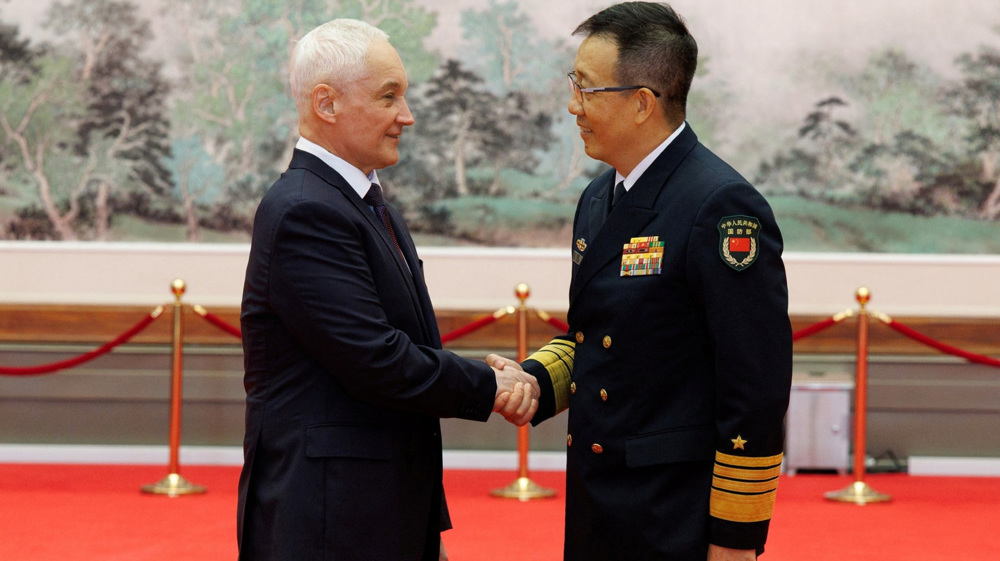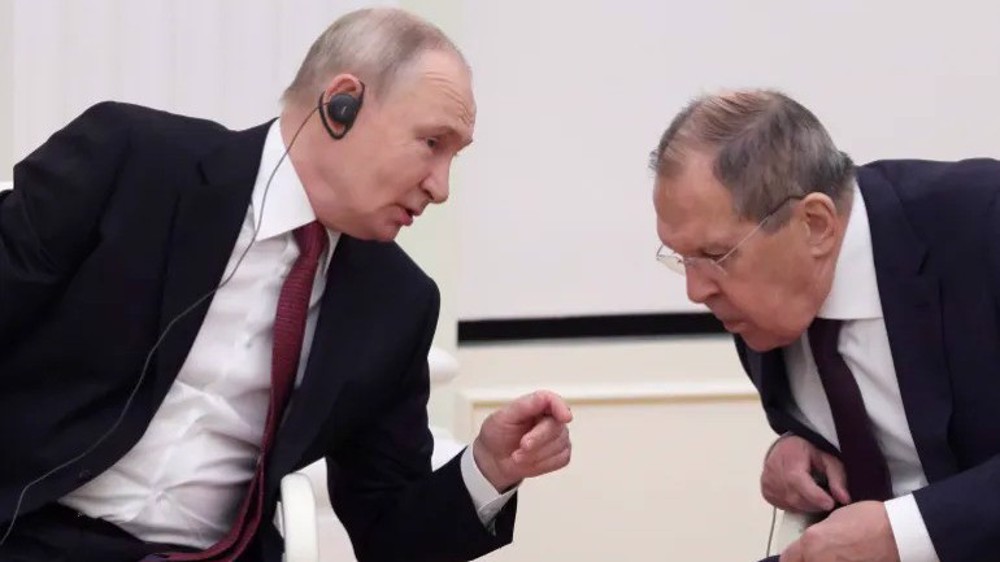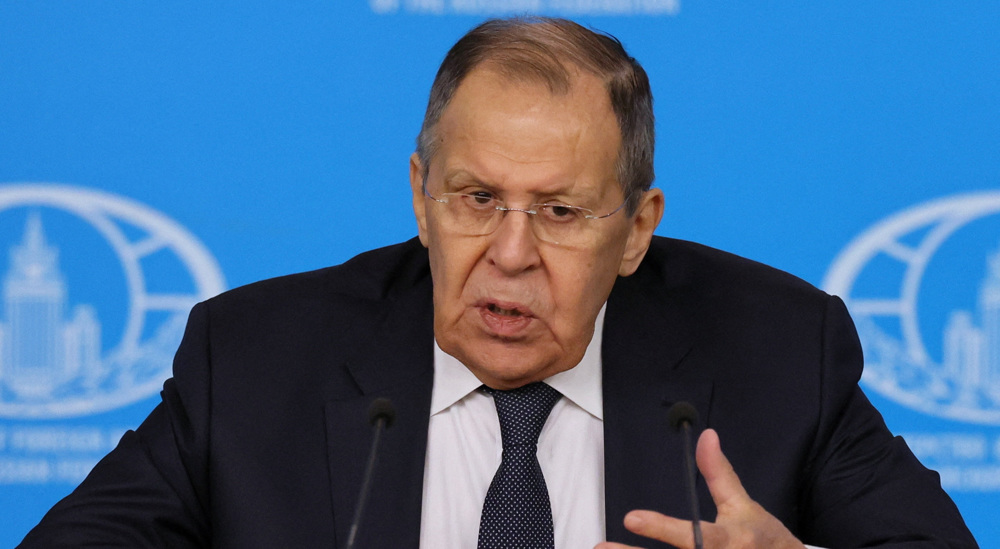Russian envoy doubts breakthrough in NATO relations
A Russian envoy says Moscow's relations with the North Atlantic Treaty Organization (NATO) will not improve as long as the military alliance continues a “containment policy” towards the country.
Russia's Ambassador to NATO Alexander Grushko said on Saturday that a breakthrough in diplomatic relations should not be expected this month at a forum that will bring Russian and NATO representatives together for the first time since the Ukraine crisis in 2014.
“There cannot be a return to 'business as usual' with NATO as long as the alliance does not reconsider its containment policy towards Russia and does stop bloating the myth of a military threat from Russia,” Grushko said.
He said holding further meetings with NATO would depend on Moscow's conclusions once it has analyzed the results of the upcoming meeting of the NATO-Russia Council (NRC) in the Belgian capital, Brussels.
The NRC was established in 2002 in order to create a forum for talks on security issues between Russia and NATO members. On Friday, the two sides agreed to hold talks at ambassador level in Brussels in the next two weeks.
No date has been fixed yet for Russia-NATO meeting.
The agenda of the meeting includes the implementation of the ceasefire deal in Ukraine, known as “Minsk-2", the Russian official said in reference to the two rounds of peace efforts agreed in the Belarusian capital but which have yet to be fully implemented.
Under the peace deal, Kiev and the Pro-Russia forces were expected to withdraw heavy weaponry from conflict zones and start negotiations on holding local elections in the restive eastern areas.
“I don't expect any breakthrough from this meeting,” Grushko said, adding, “But we hope for an earnest discussion, including about the root causes of the crisis - not only in Russia-NATO relations, but ... also about the ones that led to the worsening of regional and European security.”
Relations between Russia and NATO soured after Crimea separated from Ukraine and rejoined the Russian Federation following a referendum in March 2014.
The military alliance ended all practical cooperation with Russia over the ensuing crisis in Ukraine in April 2014. The fighting between the Ukrainian government troops and the pro-Russia forces in eastern regions of Donetsk and Lugansk has left over 9,000 people dead.

The United States and its European allies accuse Moscow of destabilizing Ukraine and have imposed a number of sanctions against Russian and pro-Russia figures. Moscow, however, rejects having a hand in the Ukrainian crisis.
Russia has also repeatedly slammed NATO’s military buildup near its borders, saying such a move poses a threat to both regional and international peace.
Russian officials have time and again accused the United States and its allies of attempting to maintain their dominance in global affairs through pursuing “a policy of containment of Russia.”
VIDEO | Press TV's news headlines
Iran to start no war, but Armed Forces poised to defend homeland: Govt. spokeswoman
VIDEO | UNMHA exit: A legacy of failure in Hudaydah as violations persist
VIDEO | Winter hardships deepen suffering in occupied West Bank
VIDEO | Homes under occupation: When living rooms become military posts
War could reach your own doorsteps: Iraqi anti-terror group warns Iran’s enemies
IRGC: Iran holds upper hand in determining any war’s endgame
'Fingers on trigger': Iran warns of strong response while signaling openness to 'fair' deal














 This makes it easy to access the Press TV website
This makes it easy to access the Press TV website